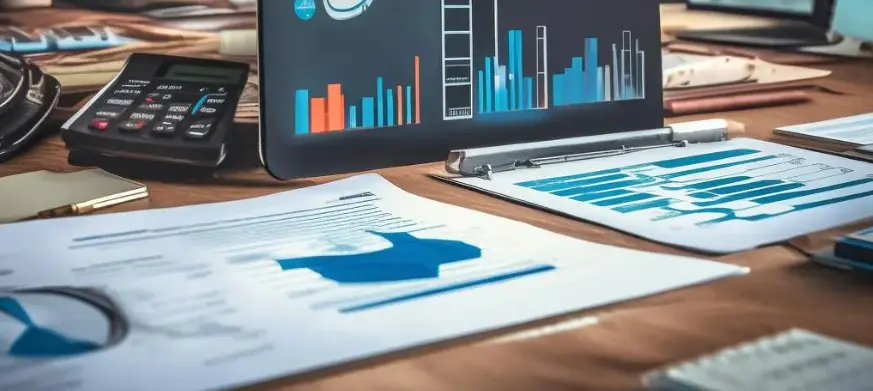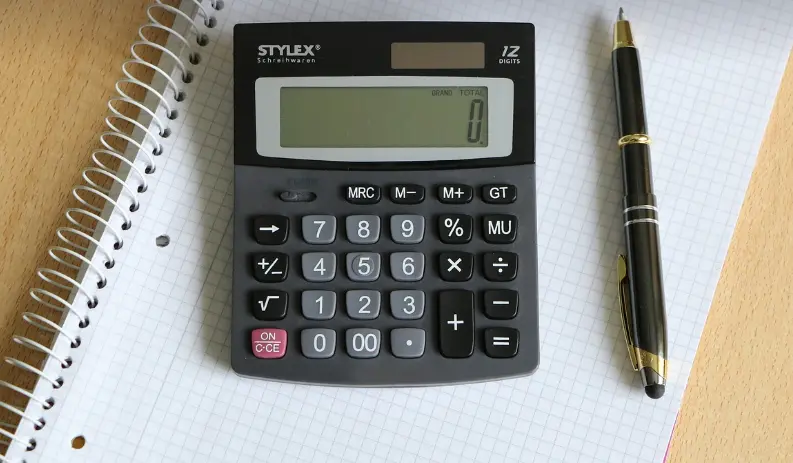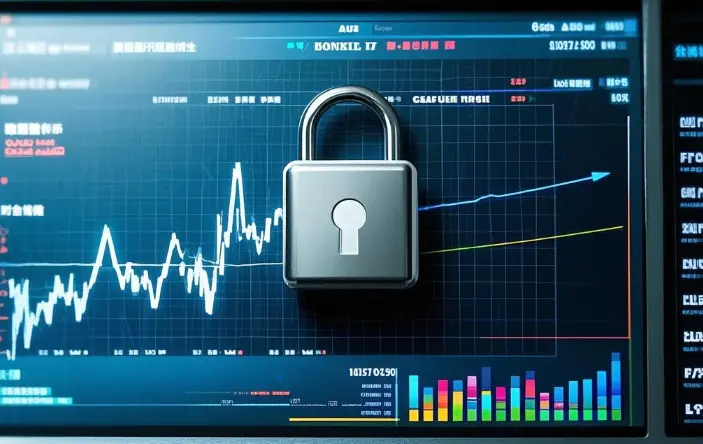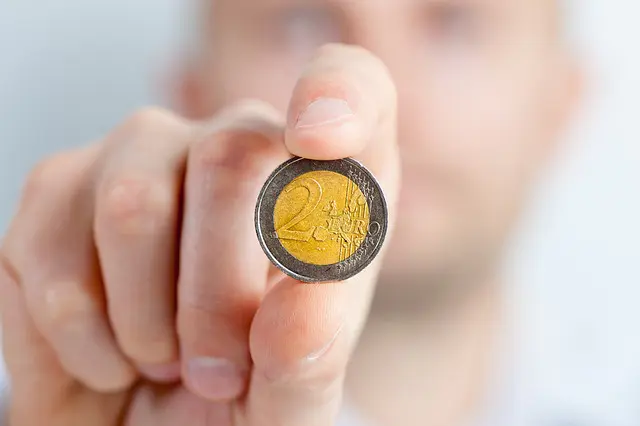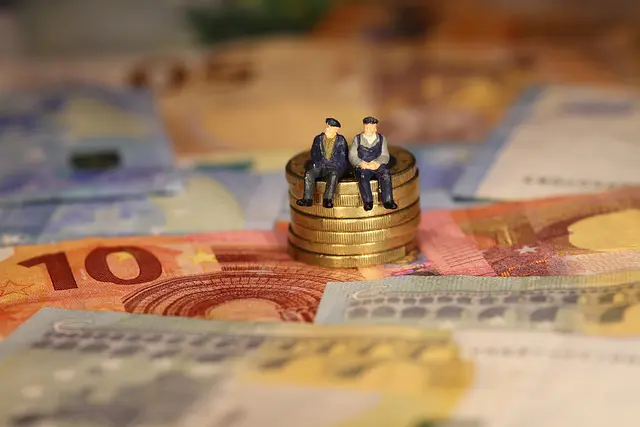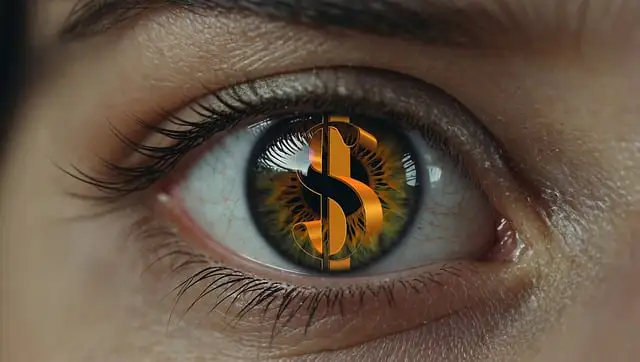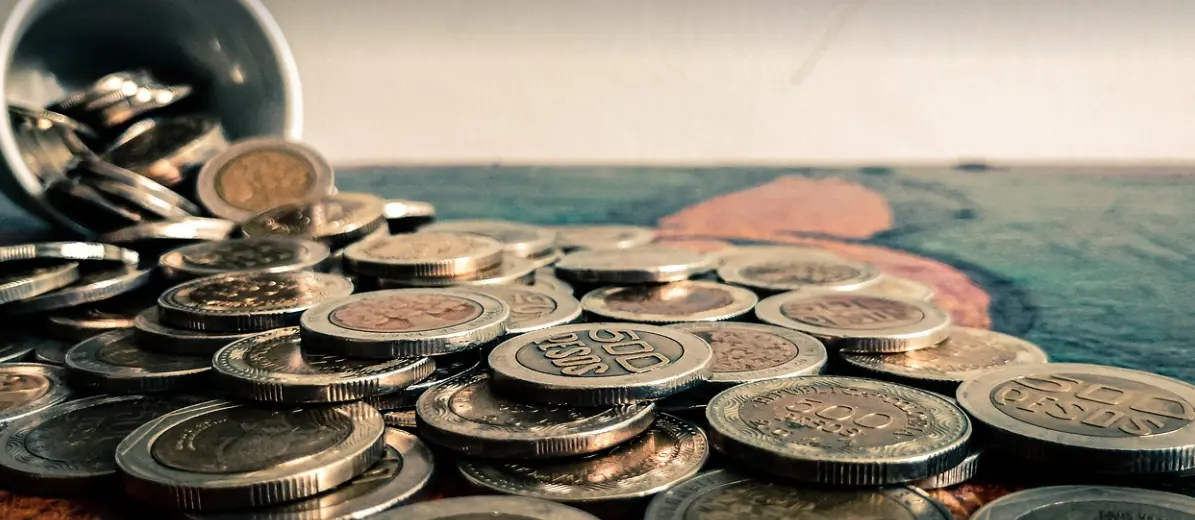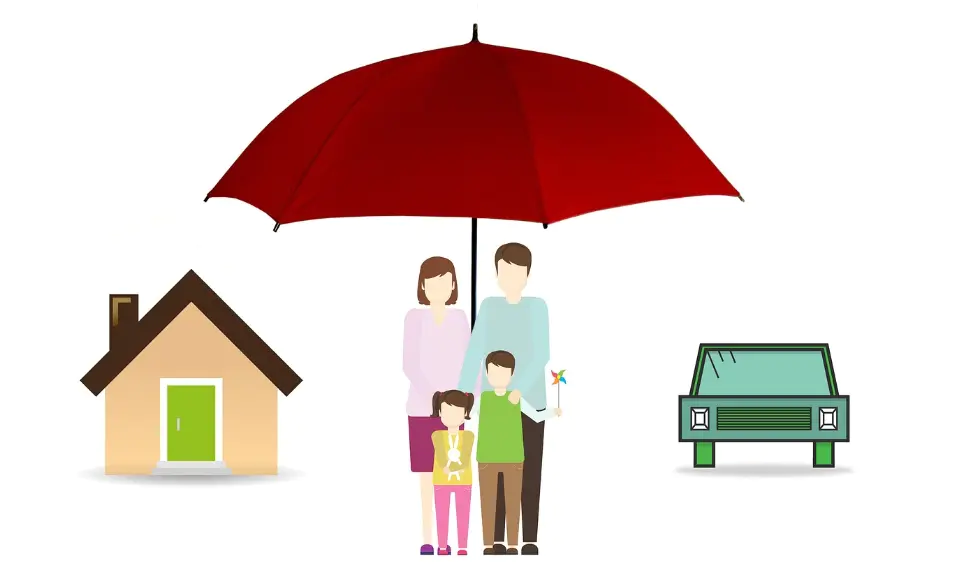When a questionable charge impacts your bank balance, provisional credits can offer a temporary restoration of funds, providing immediate financial relief while the bank delves into the matter.
Have you ever come across a suspicious transaction on your account and observed a "provisional" credit in response? This credit usually corresponds to the amount of the disputed charge, but it remains provisional until the investigation concludes. Let's delve into the concept of provisional credits and their financial implications.
Defining Provisional Credit
Provisional credit refers to a temporary sum deposited into your account by your bank as they investigate a disputed or potentially fraudulent transaction.
For example, if you identify a $1,200 deduction from your account that you did not authorize, upon notifying your bank, they might provide a provisional credit of the same amount. This credit serves as a placeholder while the bank assesses the legitimacy of the charge.
Keep in mind that this provisional sum is not definitive. If the investigation confirms the charge as fraudulent, you retain the provisional funds. Conversely, if the charge is deemed legitimate, the provisional credit will be reversed, and the amount will be recouped from your account.
Purpose of Provisional Credits in Banking
An unexpected charge, particularly a significant one, can disrupt your financial management. Provisional credits are designed to mitigate this impact, ensuring that you're not financially stranded while your dispute is being addressed.
The investigation may span from several days to weeks, contingent on the case's complexity. During this time, the bank issues a provisional credit equivalent to the disputed charge to act as a temporary replacement for the actual funds.
Provisional credits are most frequently issued in cases of suspected fraud, but they can also be applicable when merchants commit billing errors, such as billing you for a canceled subscription or charging you twice for a single purchase.
The Mechanics of Provisional Credits
The process initiates when you report the unauthorized transaction to your bank. Generally, the bank has 10 days to investigate the issue, though more complex cases may extend this period. In such instances, the bank will apply a provisional credit to your account as they continue to scrutinize the transaction.
Throughout the investigation, the bank will evaluate the transaction's details, collecting evidence from both the merchant and the account holder. Post-review, they will determine the legitimacy of the charge.
The provisional credit is temporary and lasts only for the duration of the investigation. If the dispute is sustained, the provisional credit becomes permanent. However, if the charge is confirmed as valid, the provisional credit will be reversed.
While the provisional credit is in effect, you can utilize the funds. Nevertheless, it's prudent to maintain additional funds in your account in case the credit is reversed, and you need to cover the disputed amount.
This process ensures that you're not left without the necessary financial support to manage your account effectively while the investigation is ongoing. Yet, always exercise caution, as provisional credits can be retracted if the dispute is resolved in your disfavor.
Recent
See All2025-03-13
Harnessing the Power of Emotional Intelligence in Finance: How Our Mindset Dictates Our Economic Choices
2025-03-13
Creating Your Last Will in India: A Comprehensive Guide to Preserving Your Legacy
2025-03-13
Embarking on the Journey to Financial Independence: A Five-Step Guide
2025-03-13
Enhancing Financial Acumen for the Youth: Crafting a Solid Financial Future
2025-03-13
Embarking on the Journey to Financial Independence and Early Retirement (FIRE): Unleashing the Path to Liberty and Adaptability
2025-03-13
The Influence of Behavioral Economics on Personal Financial Decisions: Insights into Monetary Psychology
2025-03-13
Embracing the FIRE Movement: The Path to Financial Autonomy and Early Retirement
2025-03-13
**Financial Support in Challenging Times: Understanding Loan Restructuring Opportunities**
2025-03-13
Embarking on the Journey to Financial Independence and Early Retirement (FIRE): Unlocking the Door to Liberty and Adaptability
2025-03-13
Exploring the Dynamics of Variable Life Insurance
Newsletter
Get life tips delivered directly to your inbox!
